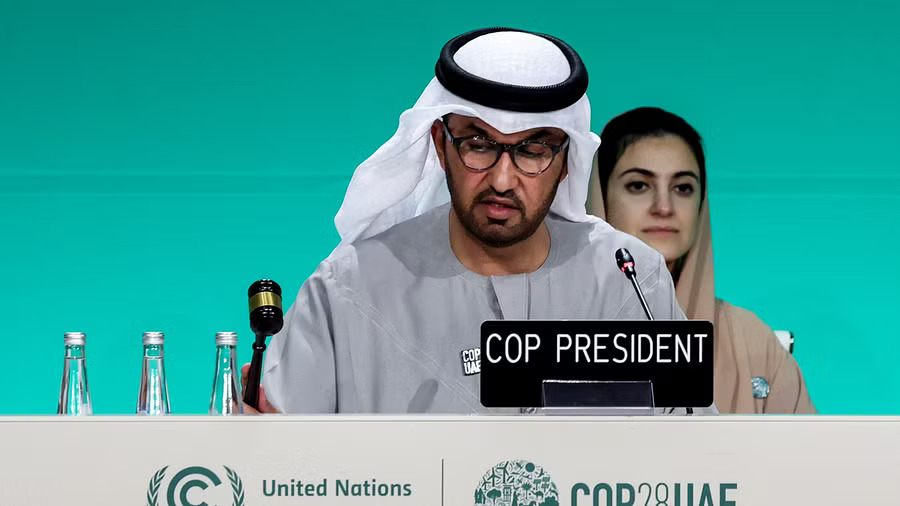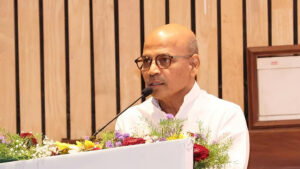The question of whether COP28 signals the commencement of the end for fossil fuels is a poignant inquiry that reflects the growing urgency and global consensus surrounding climate action. The Conference of the Parties (COP) has evolved into a critical platform where nations converge to address the pressing challenges of climate change, and discussions at COP28 may indeed set the trajectory for a transformative shift away from fossil fuels.
The link between fossil fuel consumption and climate change is well-established, with greenhouse gas emissions from burning fossil fuels contributing significantly to global warming. As countries strive to meet the ambitious targets set forth in international climate agreements, the conversation around phasing out fossil fuels has gained momentum.
COP28 represents an opportune moment for nations to revisit and strengthen their commitments to mitigating climate change. The discussions at the conference may focus on accelerating the transition to renewable energy sources, enhancing energy efficiency, and implementing policies that incentivize sustainable practices.
The adoption of cleaner, renewable energy alternatives has been steadily increasing, driven by advancements in technology, declining costs, and a growing awareness of the environmental consequences of fossil fuel dependence. COP28 may serve as a catalyst for nations to expedite their transition plans, signaling a decisive move toward a low-carbon future.
However, the question of the “beginning of the end” for fossil fuels is nuanced. While there is a global acknowledgment of the need to reduce reliance on fossil fuels, the transition is a complex process that requires careful planning, investment, and consideration of economic and social implications. COP28 discussions may, therefore, focus on striking a balance between urgent climate action and ensuring a just transition for communities and industries dependent on fossil fuels.
The success of COP28 in influencing the trajectory of fossil fuel usage will also hinge on the collective commitment of nations, industry stakeholders, and civil society. International collaboration, financial support for developing nations, and the alignment of policies across borders will be crucial in shaping the post-fossil fuel era.
Sponsored
FACTS Transcripts
Apply for a University document anywhere
https://www.factstranscript.com
Quick Transcripts for popular Universities, check your University name now and get started. We help you to get your transcript application online which is accepted for use of IRCC.
No DD, NO Paperwork. 100% Authentic, Reliable.
FACTS Transcripts Charges · Reviews · Assam Universities · Home · Know your University










